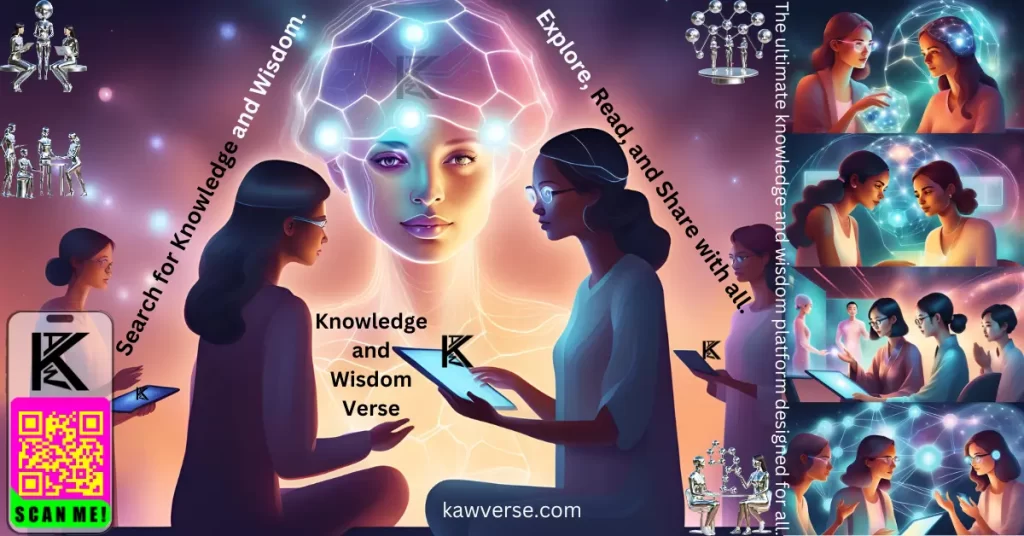Is it grammatically correct?
Yes, the sentence “How to find factual information about any topic” is grammatically correct.
Is it a question?
It is also a question, forming a clear inquiry about the process of discovering factual information on any subject.
Here’s a breakdown:
- How: Introduces the question, indicating it seeks information about a process.
- to find: Verb phrase indicating the desired action.
- factual information: Specifies the type of information being sought.
- about any topic: Clarifies the broad scope of the question, encompassing any subject matter.
Therefore, the sentence is both grammatically sound and effectively forms a question.
In today’s information age, navigating the vast digital landscape to find accurate and reliable information can seem daunting. But fear not, fellow knowledge seeker! This comprehensive guide equips you with the tools and strategies to become a discerning consumer of information, empowering you to tackle any topic with confidence.
The Pillars of Reliable Information:
- Credibility of the Source: Always assess the source’s credentials. Look for institutions like universities, government agencies, reputable news organizations, or established peer-reviewed journals. Avoid personal blogs, anonymous websites, or sources with known biases.
- Currency of Information: Ensure the information is up-to-date. Check publication dates, revision histories, and references to recent events. Be wary of outdated information, especially on rapidly evolving topics.
- Transparency and Evidence: Reliable sources cite their information and provide evidence to support their claims. Look for backlinks to reputable sources, data visualizations, and clear methodologies used in research.
- Objectivity and Balance: Be aware of potential biases, especially in opinion-based content. Look for sources that present multiple perspectives and acknowledge dissenting viewpoints.
Empowering Your Research Process:
- Start with Broad Searches: Begin with general search engines like Google or Bing. Use a variety of keywords and synonyms to discover a range of potential sources.
- Refine Your Search: Utilize advanced search techniques like quotation marks for specific phrases, site:domain searches for specific websites, and exclusion terms like “-website:domain” to eliminate irrelevant results.
- Seek Academic Databases: Libraries offer access to academic databases like JSTOR, ScienceDirect, and ProQuest. These provide scholarly articles, peer-reviewed studies, and reliable scientific data.
- Leverage Fact-Checking Resources: Utilize fact-checking websites like Snopes, PolitiFact, or factcheck.org to verify claims and debunk misinformation.
Developing Critical Thinking Skills:
- Read Critically: Don’t accept information at face value. Question the author’s expertise, evidence provided, and potential biases. Analyze the writing style, language use, and logical flow of arguments.
- Cross-Reference Information: Don’t rely on a single source. Compare information from various sources, identify any discrepancies, and seek verification where needed.
- Consider the Overall Picture: Be mindful of how facts are presented, the context provided, and the larger narrative being constructed.
Remember: Finding accurate information is an ongoing process. There’s no single magic formula, but by combining these strategies and actively engaging with information, you can become a proficient truth-seeker, ready to tackle any topic with confidence.
Bonus Tip: Stay informed about information literacy. Take online courses, attend workshops, and learn about new tools and techniques for navigating the ever-evolving information landscape.
By empowering yourself with these insights, you’ll transform from a passive information consumer into an active knowledge builder, ready to explore the world with a discerning eye and a thirst for truth. Happy learning!


Leave a Reply
You must be logged in to post a comment.